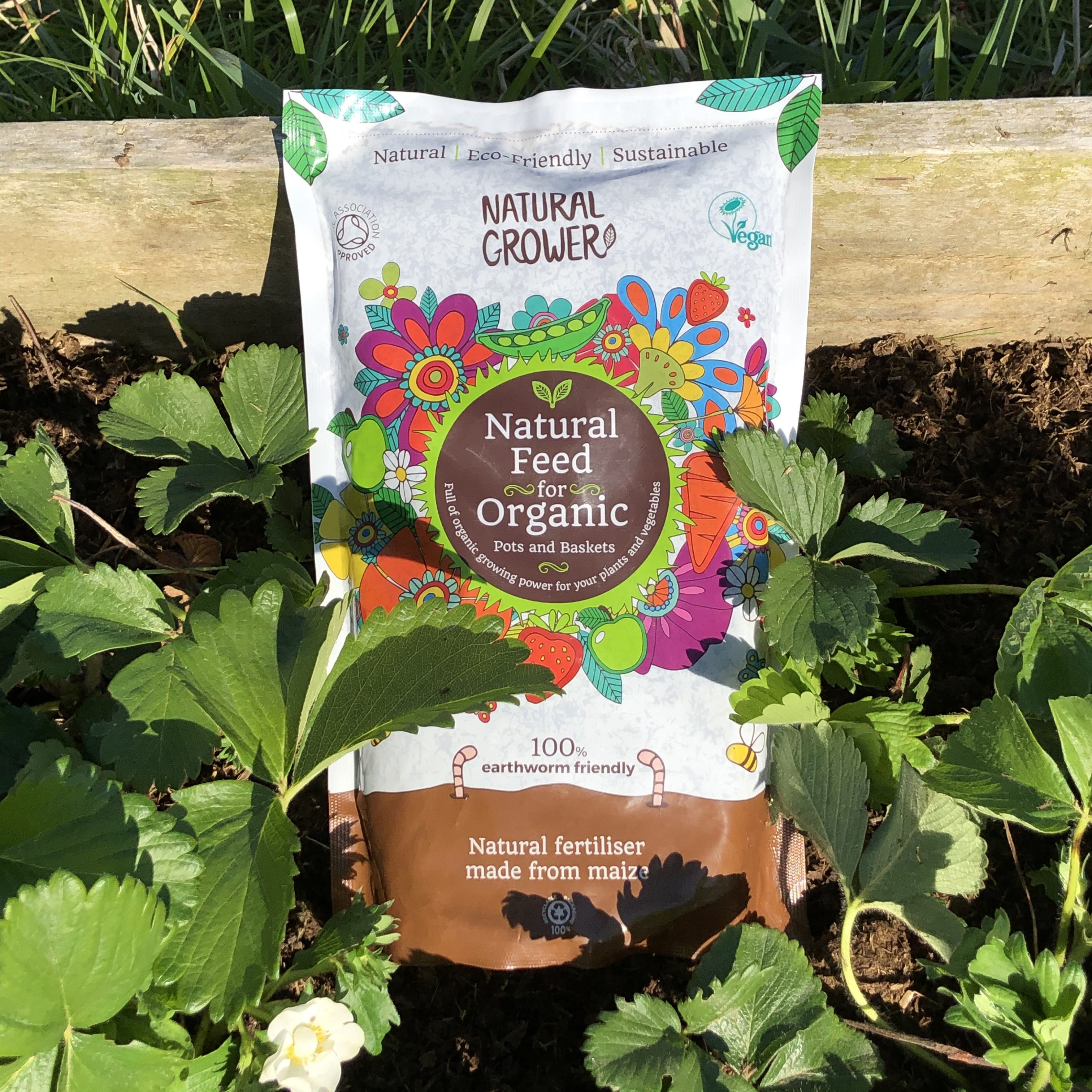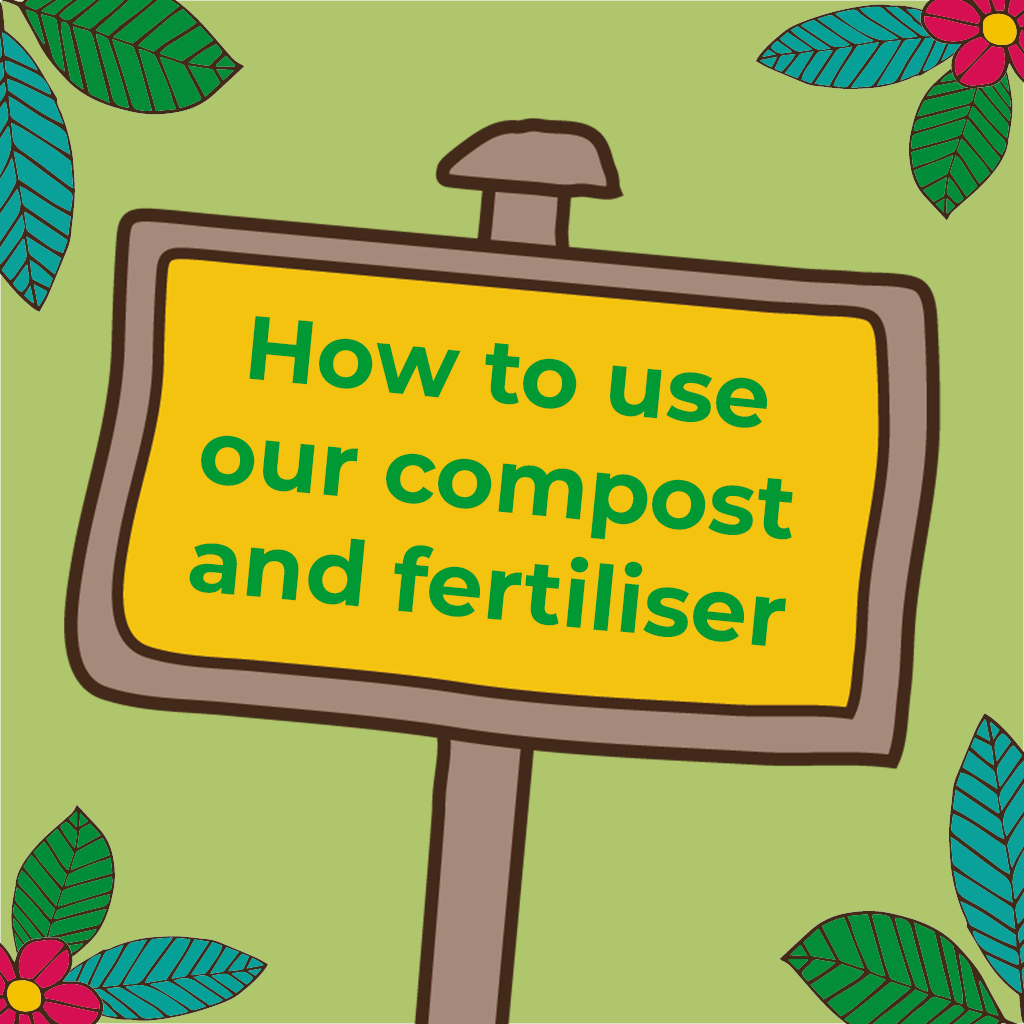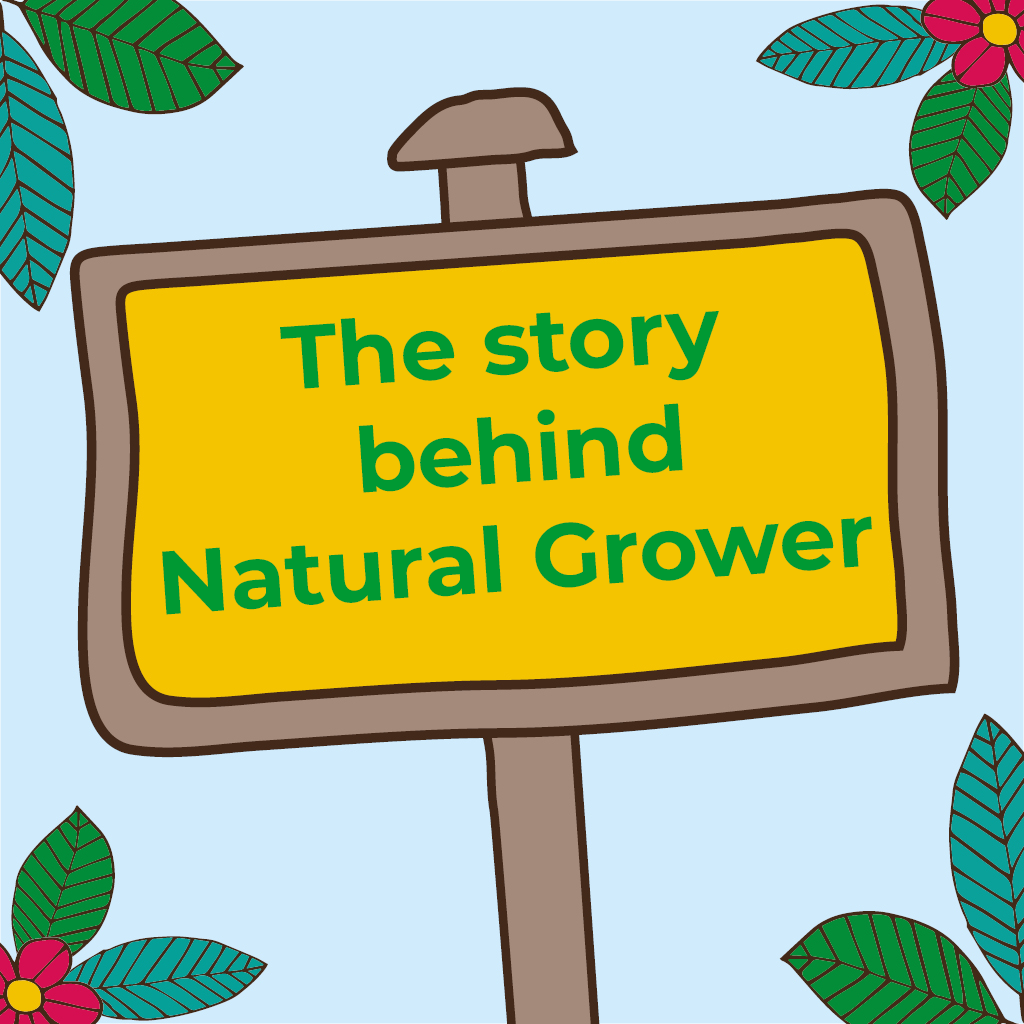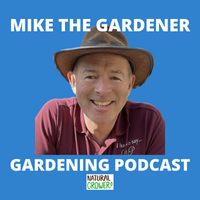
We can all take the soil beneath our feet for granted. Grass and weeds thrive in it, so surely all our flowering plants, shrubs, fruit and vegetables that we want to grow will do too, right? Think again!
Yes, soil is generally alive with organisms that provide the perfect environment in which our plants can thrive. But these organisms need feeding and nurturing.
And did you know that soil holds up to three times as much carbon as the atmosphere, with half of that in the first foot of the soil?
So with these important elements buried within the ground, keeping it healthy is a must.
How do we look after this vital ecosystem?
Before adding nutrients to soil to improve its health, we need to look at texture, acidity levels, drainage qualities, compactness, and the amount of organic matter and organisms already living within. If any of these factors are a problem, then we need to rectify them.  The soil beneath our feet - an ecosystem full or organisms we need to protect
The soil beneath our feet - an ecosystem full or organisms we need to protect
Texture & Acidity
The texture tells us if we have clay, sandy or silty soil. We can add organic matter to help sandy soil retain moisture or break up thick, sticky clay.
If the soil is too acidic, then we need to add organic matter to bring it to a more alkaline state.
If we improve the structure and acidity of soil, then plants will have the support around them that they need to grow and develop a strong root system.
Drainage & Compactness
We need soil to have air spaces so that all soil life including microbes, earthworms and insects can breathe. Less compact and more aerated soil also allows plants to have access to atmospheric nitrogen.
If the soil is well-aerated, water can seep through and deliver the required nutrients to the roots of the plants. Healthy soil will retain the water it needs to support the ecosystem and will allow excess water to drain away. To maintain these air spaces, we need to add plenty of organic matter and avoid soil compaction.
The benefits of nurturing what’s in the soil
Looking after the living organisms in soil is crucial for plants to thrive. The organisms break down organic matter and release the nutrients back into the soil for the plants to absorb.
Bacteria, protozoa, nematodes, mites and springtails all help by releasing nitrogen and nutrients into the soil. Fungi grow as long threads, or strands, helping to aerate the soil and unlock minerals and nutrients around the roots of plants.
Earthworms make castings that are 50% higher in organic matter than the soil around them, which makes nutrients more available for the plants. Worms also help to aerate the soil by breaking up compacted ground.
Adding the essential nutrients your soil requires
To support your garden soil and its vital ecosystem in a sustainable way, organic matter is key.
Natural Grower plant feed and soil conditioner adds the essential organic matter, along with balanced levels of nutrients and trace elements that all plants need to thrive. It’s free from any chemicals, is truly organic and additional artificial fertilisers won’t be required.
You can put our soil conditioner on the surface of your veg patch or flower beds as a mulch to be worked into the soil by the worms, or it can be mixed into the very top layer of the soil when planting.
The nutrients will slowly be released over the growing period of the plants and over time, your soil will become a healthy ecosystem that can support itself in a sustainable and eco-friendly way.
carbon, ecosystem, nutrients, organic matter, soil, soil conditioner








